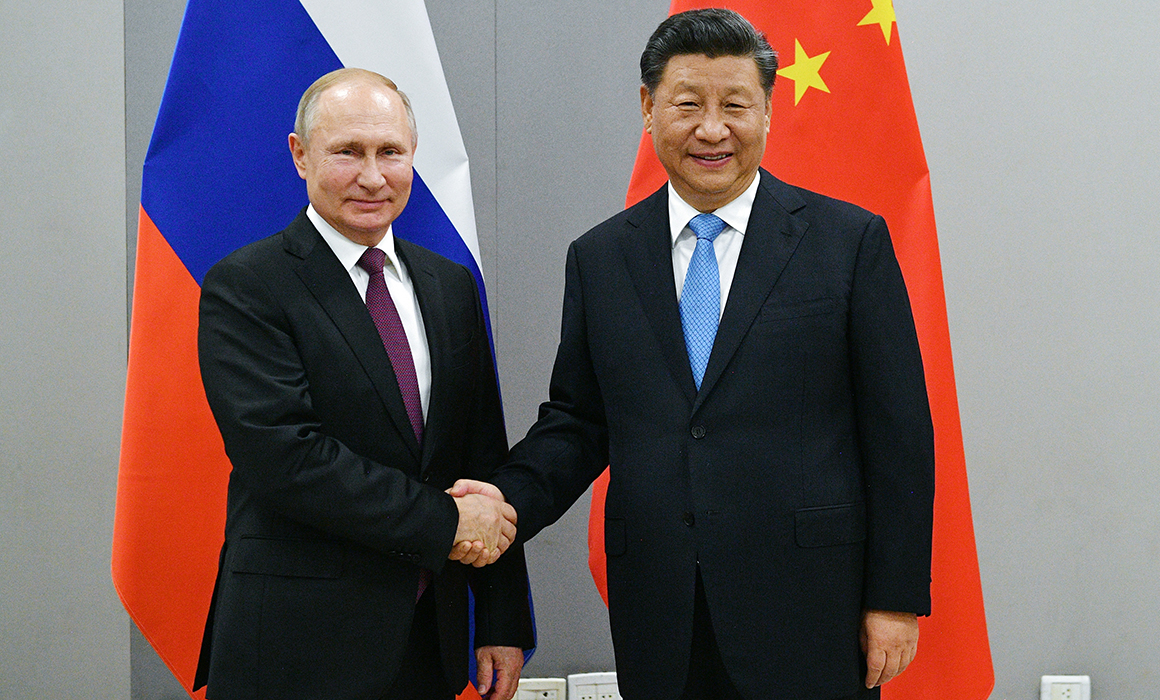
Ellwood took a specific swipe at China, arguing the pandemic has allowed many in Britain to “recalibrate” their view of the country. Beijing has not accepted any of the “unwritten responsibilities” that come with being a superpower in upholding international rules and laws, and “they enjoy exploiting them for their own benefit.”
Norway’s defense representative who also spoke at the panel took a different tone, similar to how other international players speak about Russia and China’s influence in the High North. Russia’s oft-cited military buildup and China’s economic investment in Arctic nations is typically seen as two competing Arctic strategies, rather than the pair uniting on one front.
While Tone Skogen, the Norwegian Ministry of Defense’s state secretary, did say that “the fact that China is now showing increased ambition also for the Arctic introduces some new challenges,” the focus for Norway is on Russia.
“We would still argue that we consider Russia, sort of the biggest challenge at least for the time being,” Skogen said. The Arctic is “not a top priority for China.”
Some reports though have found that Russia-China relations are warming in terms of resource development, cooperation on shipping and governance. Russia has looked to Asia for potential investors and technology partnerships as a key consumer market.
“Sino-Russian bilateral trade has steadily grown. … Today, China is Russia’s largest trading partner and Russia is China’s largest oil supplier. … Notably, increased Sino-Russian economic engagement is also evident in the Arctic region,” a May report from the Arctic Institute found.
Source: politico.com
See more here: news365.stream






